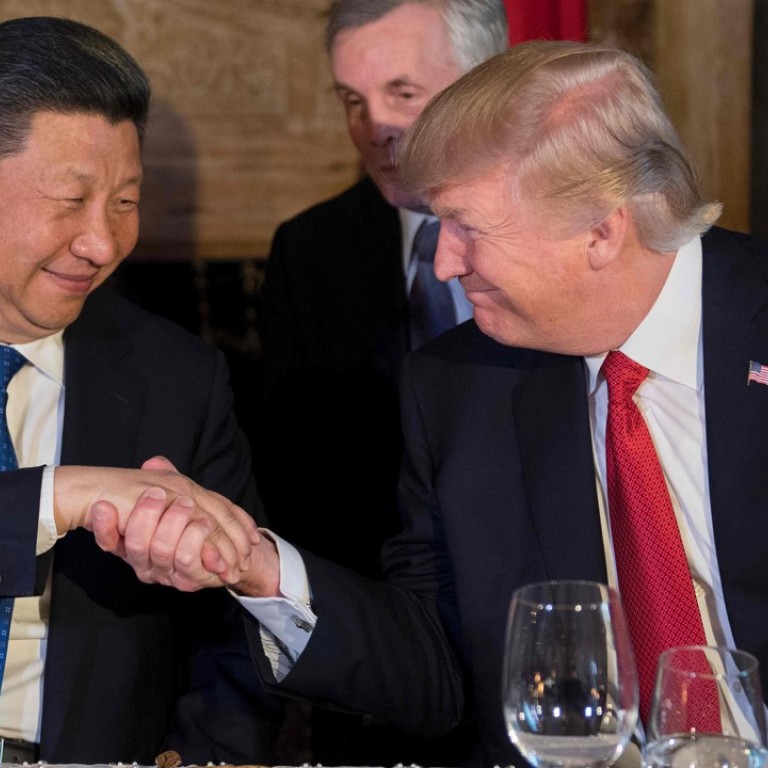
Can Sino-US relations survive calls for more scrutiny of Chinese investment in America?
US reviews of inbound investment from China set up a clash between Beijing and Washington by threatening to block Chinese acquisitions of US technology
A missile defence system causing Washington and Beijing to clash on efforts to stall North Korea’s weapons testing programme has, at its core, technology that prompted US government action against China on another front: bilateral investment.
The Terminal High Altitude Area Defence, or THAAD, missile system deployed in South Korea leverages a “cutting edge” technology that magnifies the power of radar systems, according to a February report by the Washington-based Peterson Institute for International Economics (PIIE).
When a consortium including Nanchang Industrial Group of China tried to acquire a division of Dutch electronics company Philips, the US government blocked the transaction, presumably on the grounds that the unit of Philips, which has substantial operations in the US, was developing the radar-boosting technology now used in THAAD, the report said.

Beijing’s calls for the US and Seoul to dismantle the THAAD system in South Korea have intensified with the escalation of tensions around Pyongyang’s weapons testing programme.
In an emergency UN Security Council meeting this week, called to condemn North Korea’s launch of a missile over one of Japan’s largest islands, China’s UN Ambassador Liu Jieyi went even further, demanding an “immediate” dismantling of THAAD as part of efforts to de-escalate the North Korea crisis.
A billion-dollar investment decision expected in the next few days will reveal how large the issue of China’s investments in US tech has become as a stumbling block in the overall US-China relationship.
The Committee on Foreign Investment in the United States (CFIUS), an inter-agency body under the US Treasury Department, blocked the sale of the Philips division in 2015. Since then, lawmakers on both sides of the Congressional aisle have become vocal about the need for more stringent CFIUS reviews on several grounds, including national security and the degree to which US companies have access to investments in China.
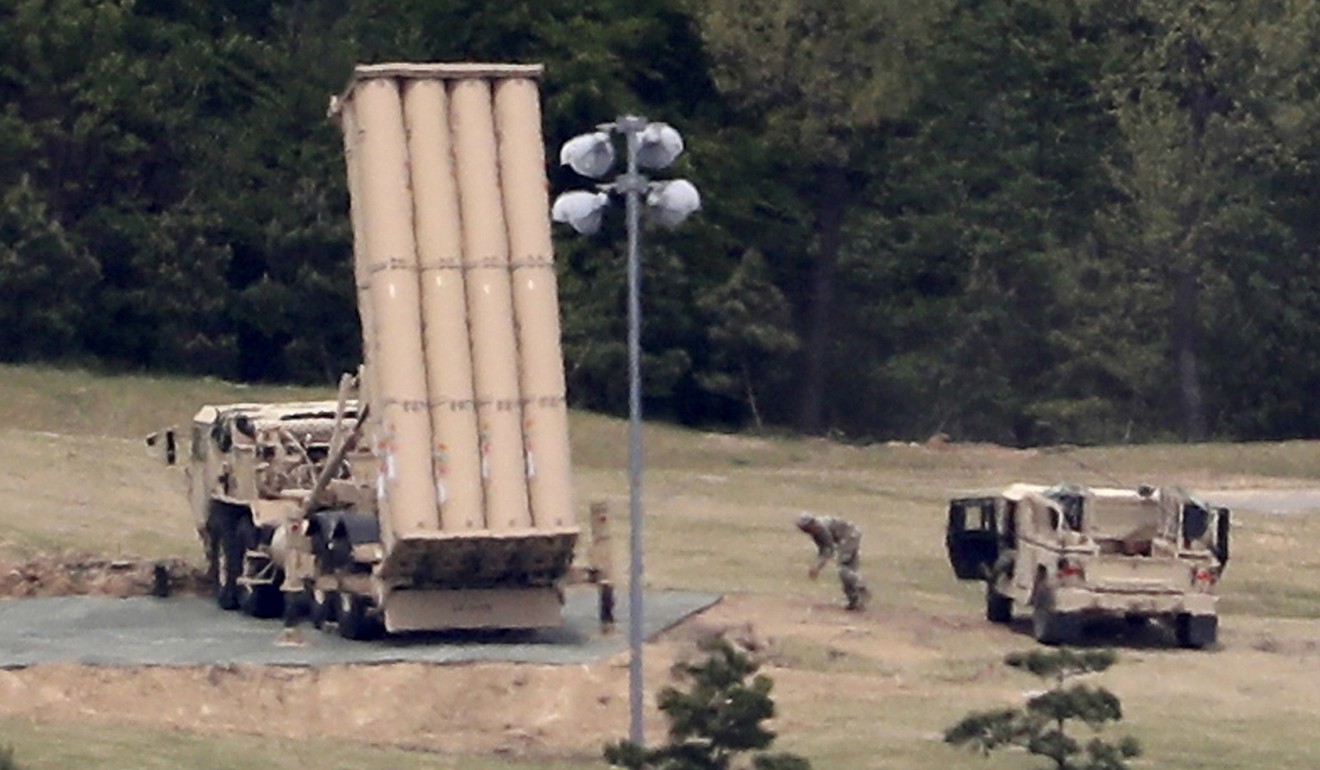
Meanwhile, the administration of President Donald Trump has signalled a more protectionist stance as part of an overall effort to restore balance to the country’s trade deficit.
The confluence of calls for protectionism may further strain the US-China relationship.
CFIUS “is an important tool for the protection of US national security”, US Treasury Secretary Steven Mnuchin said at an FDI conference in Washington last month.
Several transactions hang in the balance, including a bid by Chinese payments company Ant Financial to acquire MoneyGram International, a money transfer platform, for US$1.2 billion and another by Chinese private equity firm Canyon Bridge Capital Partners, which proposes to buy US chip maker Lattice Semiconductor Corp for US$1.3 billion.
Ant Financial is an affiliate company of Alibaba Group, which also owns the South China Morning Post.
Regardless of whether any of these acquisitions pass muster, analysts and legal consultants see the CFIUS process getting more cumbersome.
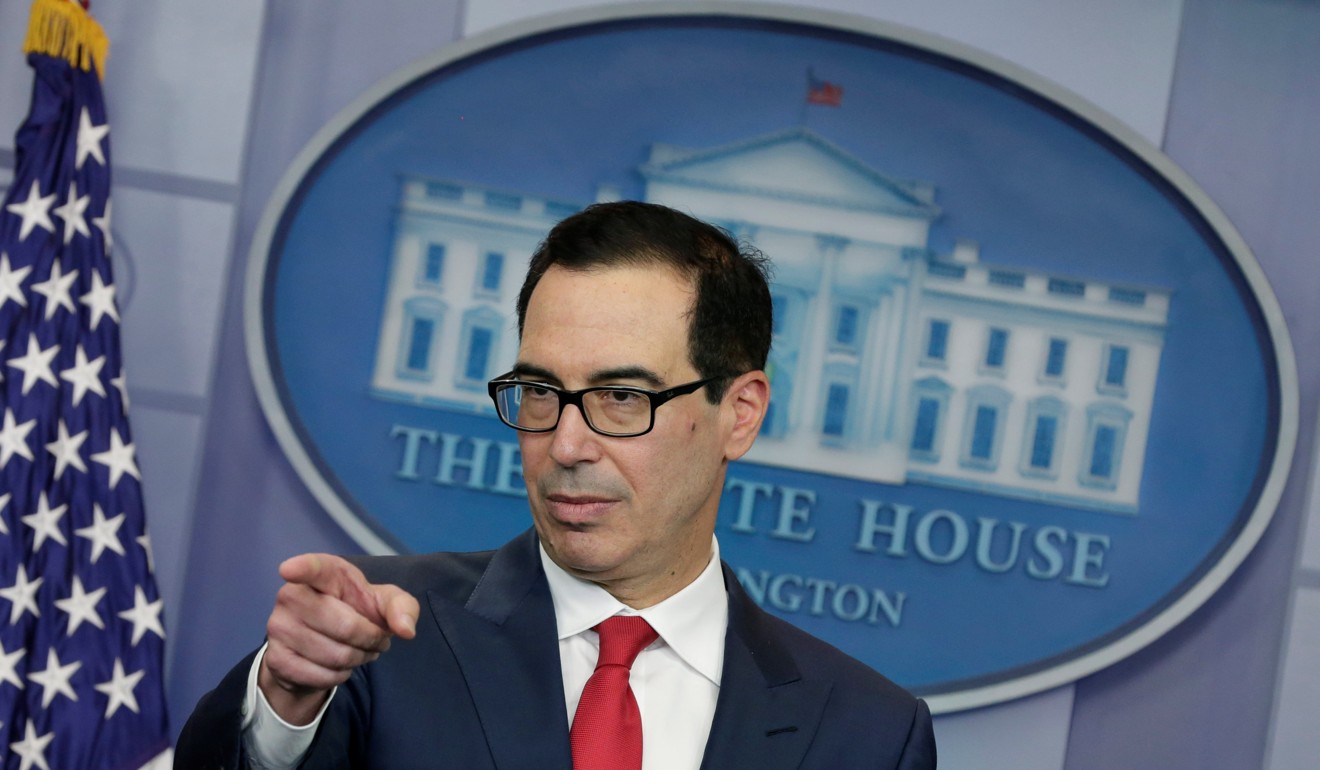
“The wider scope for review means a heavier workload for CFIUS staff, bigger slowdowns, and more difficulty for Chinese government-controlled acquirers because they are explicitly flagged,” said Andrew Karolyi, a finance professor at Cornell University and author of Cracking the Emerging Markets Enigma.
The consequences of blocked Chinese investments in the US are even higher than when CFIUS blocked the Philips deal as Trump prepares for an expected second summit meeting with China’s President Xi Jinping in November.
“There’s absolutely a clash developing” as lawmakers push the government to address policies that forced US companies to give up their IP to China, Derek Scissors, a resident scholar at the American Enterprise Institute, said in an interview. “The Chinese are running into delayed US retaliation for their previous behaviour as well as US unhappiness with their current behaviour.”
Trump shelved his hardline election campaign rhetoric against China ahead of his first summit with Xi in April in favour of strengthened cooperation on trade and investment to create more jobs at home and larger profits in China.
China recently opened its markets to US rice and beef, and pledged to let US payment network operators do business in the country. But Trump’s protectionist agenda, combined with a drag on CFIUS resources, means access in the other direction is stuck, jeopardising the quid pro quo at a time when Xi can’t afford to look weak.

For his part, Trump can hardly afford to appear weak either, given intense global media coverage of a special counsel’s investigation into Russian meddling and possible ties to the president’s 2016 election campaign and heavy criticism of his performance so far in the White House.
After the North Korea nuclear weapons issue and other strategic concerns in the South China Sea, CFIUS will likely be high on the agenda when Trump meets Xi in November, Theodore Moran, author of the Peterson Institute report and professor of international finance at Georgetown University, said in an interview with the South China Morning Post.
“Trump is very attuned to the military issues, but in terms of his own personal interest and his base he’s going to elevate the economic issues, so I would expect [the CFIUS issue] to be a big component,” Moran said.
China’s ruling Communist Party will convene its key five-yearly congress in Beijing on October 18. The event is expected to re-anoint Xi Jinping as party general secretary for a second five-year term with enough backing for Xi to put his own political philosophy in the party constitution.
“Why the delays? Why all of the re-files? This year alone, we expect to have close to 300 CFIUS filings, compared with 200 last year, and secondly there’s a lack of senior leadership,” Jiang Liu, a partner at global law firm Morrison Foerster, said at a recent event in New York organised by the China General Chamber of Commerce’s US chapter.
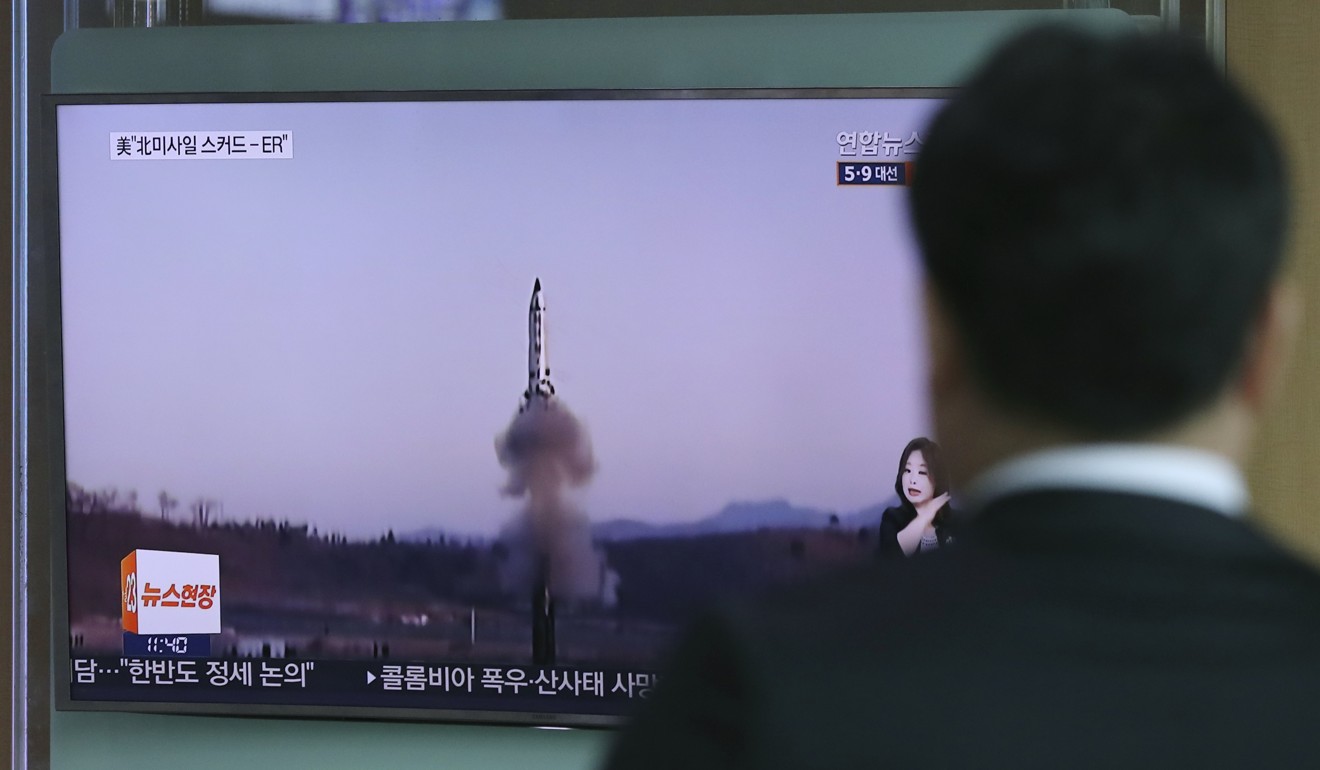
“CFIUS staff members are reviewing the applications and they don’t want to be in a position to be looked back upon later, so they’re very cautious. The number of cases and lack of leadership is causing the delay right now,” added Liu, who has advised Chinese companies on their CFIUS reviews.
To be sure, a recent decline in Chinese FDI to the US has more to do with a crackdown by authorities in Beijing than CFIUS or concern about advanced technology with military applications being turned over to China’s military.
Earlier this month, China’s State Council and authorities in charge of economic planning formalised what regulators had been doing for months.
Aiming to halt investments in projects that don’t align with Beijing’s economic strategies – high-priced and luxury real estate, for example – China’s authorities classified outbound investment into the three categories of “encouraged”, “restricted”, and “prohibited”.
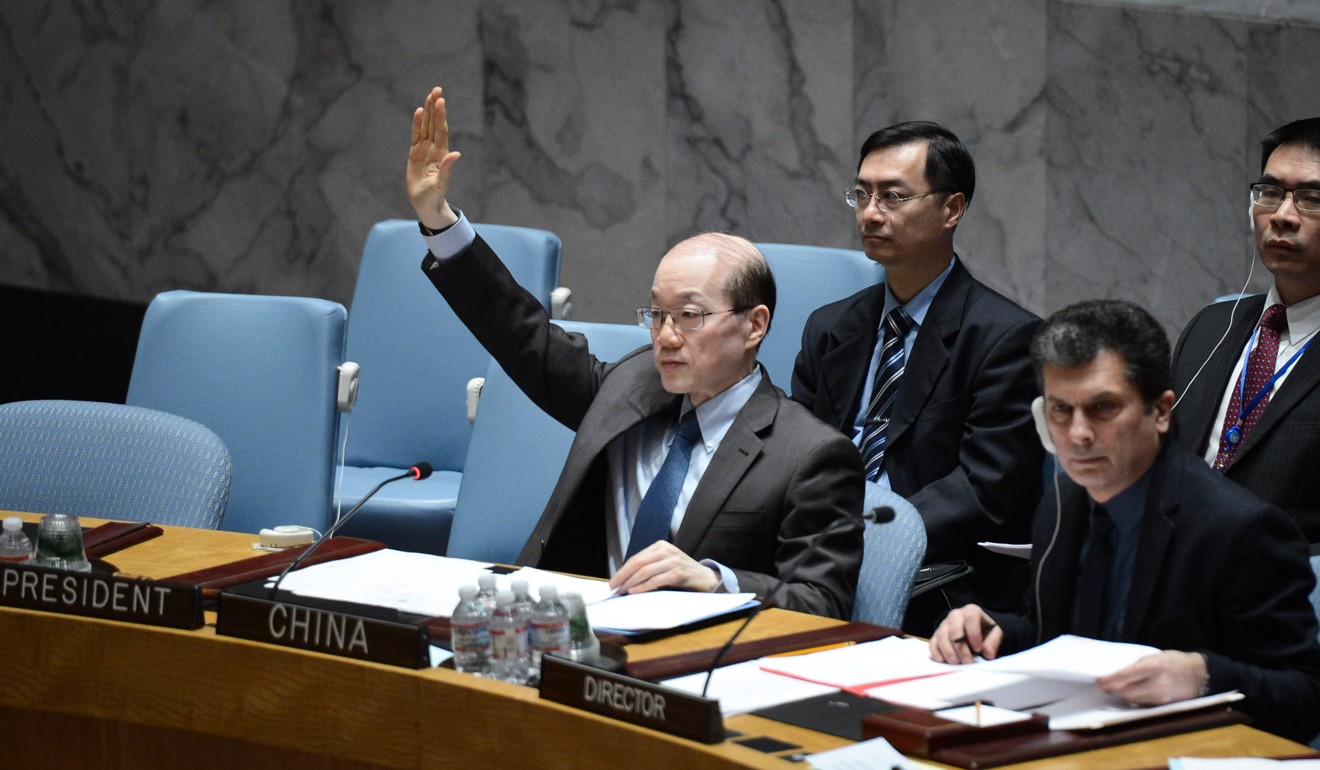
The value of mainland China-led M&As fell by more than half, year on year, to US$64.4 billion in the first half of 2017, from last year’s US$130.9 billion which included ChemChina’s record-breaking US$43 billion acquisition of Syngenta, according to data compiled by PwC.
“While the CFIUS process is operating sluggishly this year for a number of reasons, the main factor weighing on China-to-US investment levels since late-2016 is clearly Chinese capital controls and other interventions,” a founding partner at the Rhodium Group, told the South China Morning Post.
But investments like Canyon Bridge’s bid for Lattice Semiconductor fall into the “encouraged” category, particularly because China has made advanced semiconductor production an economic priority.
Canyon Bridge, which submitted its proposed bid for CFIUS review on three earlier occasions, will make an announcement “within the next week” about whether it plans to directly seek Trump’s approval or withdraw the bid from CFIUS, people familiar with the deal have told the Post on Wednesday.
According to a US Securities and Exchange Commission document filed by Lattice on Friday, CFIUS will recommend that President Donald Trump “suspend or prohibit” the proposed merger between Lattice and Canyon Bridge.
Although “Lattice and Canyon Bridge plan to continue to engage in further discussions with CFIUS and the President to explore measures that may resolve any outstanding national security concerns”, the document said, but “there can be no assurances” that the transaction could proceed.

Under laws that give CFIUS its authority, the body must complete its review within 75 days. By that point, CFIUS must make its recommendation, which the president can accept at his discretion.
Scott Kennedy, a China expert at the Centre for Strategic and International Studies, doubts that the Lattice case could be approved.
“Given the number of other semiconductor deals that have fallen through, this one could very well enjoy the same fate,” Kennedy said in an exchange with the Post.
“There are widespread concerns about both American national security and reciprocity, leading many to argue the US should take down the ‘for-sale sign’ in front of its high-tech firms,” he added.
US Congress had pressed the US Treasury to block the Lattice deal. Last December, more than 20 Congress members wrote to then Treasury Secretary Jack Lew, claiming the deal could disrupt the US military supply chain and lead to a reliance on foreign technology for critical defence programmes.
Portland, Oregon-based Lattice, which makes programmable chips that can be used for military purposes, reached the decision in mid-June to refile the application to the CFIUS for the third time.
Support for China from US industries that benefit from the status quo, the agriculture sector in particular, may limit the extent to which CFIUS halts Chinese acquisitions, the American Enterprise Institute’s Scissors said. Those prioritising international efforts to rein in North Korea over trade and investment issues are also likely to be more on China’s side.
“We’ll probably end up getting more talk than action on the American side and the Chinese will breathe a little sigh of relief and then complain loudly and then do nothing,” Scissors said.
In an email sent afterward to all Lattice employees by the company’s chief executive, Darin Billerbeck, and seen by the Post, Billerbeck said that in his discussions with CFIUS, the company put forward “a comprehensive set of mitigation proposals” and tried to “resolve all of their outstanding issues.”
Lattice’s Billerback also said in his email that “continuing uncertainty is challenging for us all.”
The same could be said by everyone with a stake in deeper US-China investment ties.


